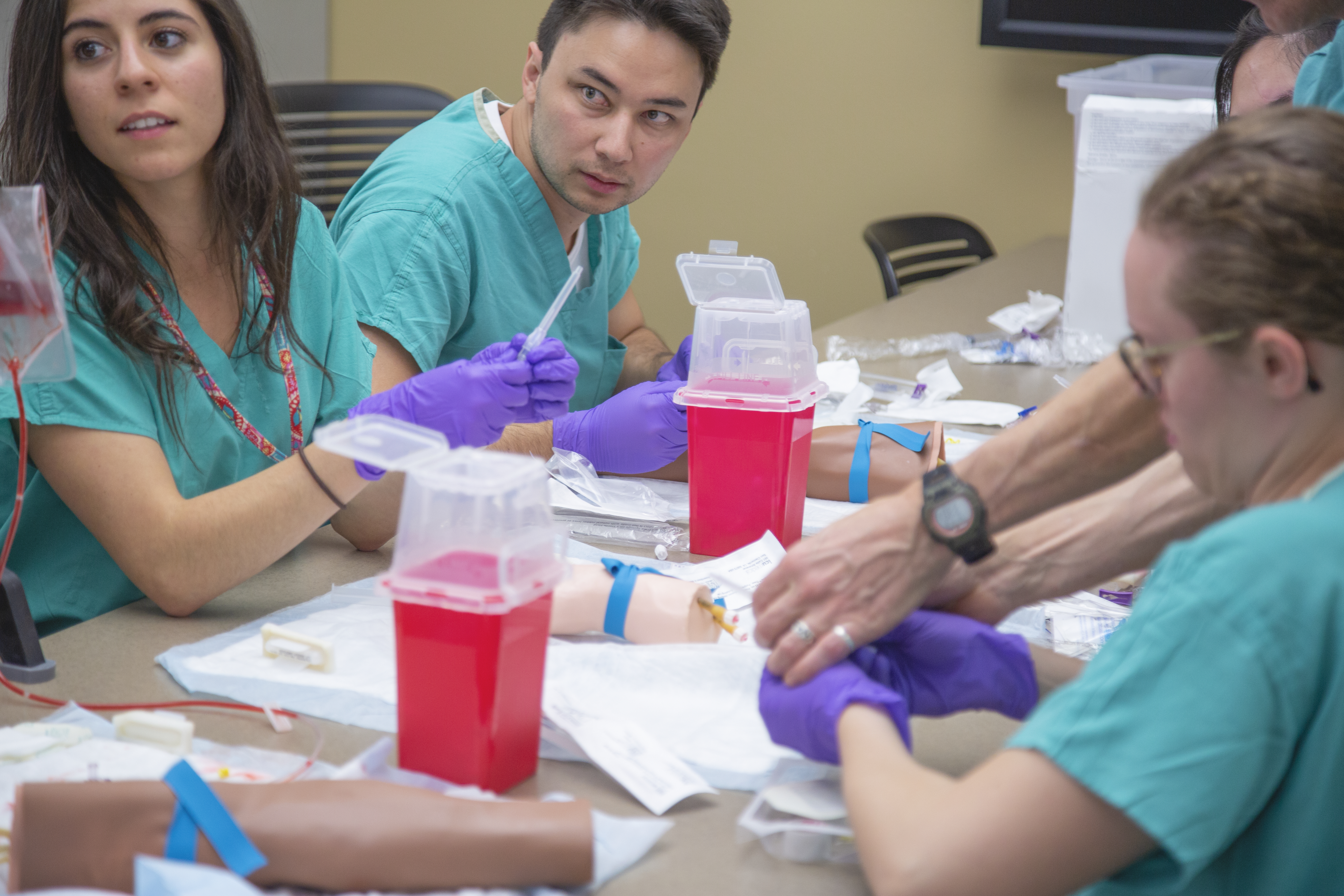 Medical evidence now shows that when humans honor their innate need for social connection, they become less vulnerable to anxiety, depression, dementia and other psychiatric conditions. We also build a vibrant, more meaningful life. Humans need connection, it is as simple as that.
Medical evidence now shows that when humans honor their innate need for social connection, they become less vulnerable to anxiety, depression, dementia and other psychiatric conditions. We also build a vibrant, more meaningful life. Humans need connection, it is as simple as that.
For more about the importance of connection, read the recent book by former US Surgeon General, Dr. Vivek Murthy, Together: The Healing Power of Human Connection in a Sometimes Lonely World, and "I Spent a Year in Space ...Tips on Isolation to Share" by retired NASA astronaut Scott Kelly.
The threat of coronavirus has made our usual ways of relating to one another impossible as we work from home, avoid public gathering spaces, quarantine and isolate. Some of us may have an easier time socially distancing, while others may be more susceptible to depression and anxiety. Everyone needs a certain degree of social interaction to maintain health and well-being.
During your off hours, take the time to connect with friends and family using your laptop, phone or tablet. Or get outdoors to connect with nature.
Print and post the Going Home Checklist to help reflect on the day and protect your well-being.
As we move through these stressful and unpredictable times in medicine it is important to keep in mind the value of caring for ourselves and others in the workplace.
In BBRP 3000, M-F, 11:00 a.m. to 2:00 p.m. (more info below)

Employee Well-Being & Nursing Excellence offer a variety of self-care activities to help cope with the stress of COVID-19, including breathing sessions, coloring stations, yoga mats, tranquil music, massage, snacks and 1:1 Well-Being Sessions. No appointment needed.
Location: UNMH, Barbara & Bill Richardson Pavillion, Rm. 3000
Weekdays 11 a.m. – 2 p.m.
Provide In-Home Childcare and/or Educational Oversight
You can apply here to provide in-home childcare or educational oversight. Please have your availability handy, and be prepared to supply information regarding recent background checks (within the last three years).
There are many ways to engage both locally and at regional and national levels to feel good about yourself while contributing to a good cause. Think about your personal passions and how you can be of service. Opportunities abound for win-win takeaways and givebacks!
Working to promote a cause you support can help you to find a greater sense of purpose in your daily activities and help you to connect with others in the community who share common values. This community toolbox website, a publicly sponsored resource from the University of Kansas Center for Community Health and Development, has some great tips on how to start making a difference in your community. Professional societies, such as the American Nursing Association or the American Medical Association may also provide some ideas on how you can get started.